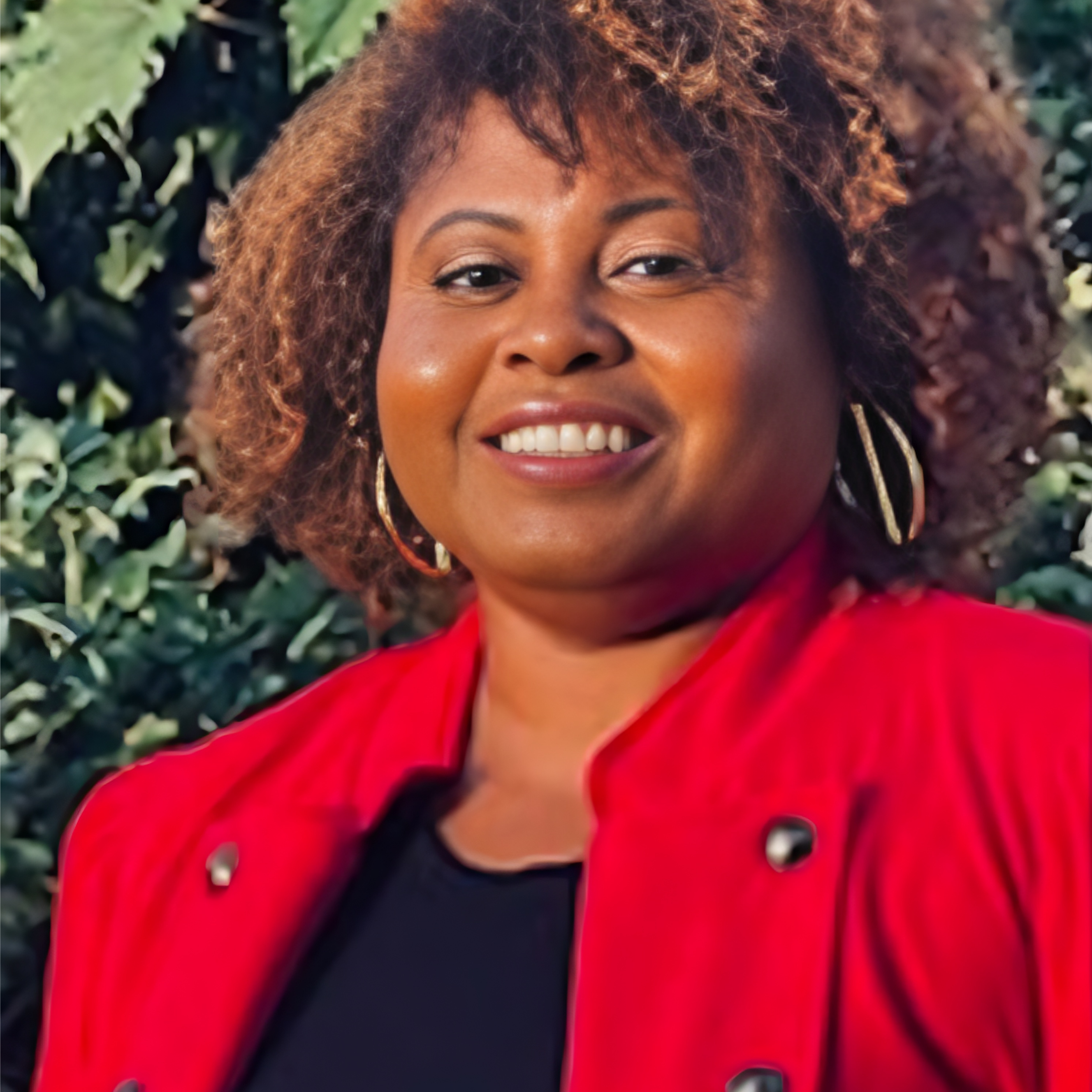
Crystal Wise
Purple Rain Film Presentation
Prince’s Purple Rain
A World of Never Ending Blackness
In the film Purple Rain, Prince weaves his iconic motorcycle through the streets of Minneapolis painting the city not only purple but Black. In this paper, I use themes central to Black Geographies, specifically space-making and the Black geographic imagination and Critical Race Methodology’s counter-storytelling to explore Prince’s early conceptualization of what would evolve into the script for Purple Rain. I use the handwritten document that was printed in his memoir, The Beautiful Ones, to explore its storytelling as black world-making, a creation of what McKittrick (2011), calls a black sense of place. Minneapolis, Minnesota, where Prince was born and raised, is much like most U.S. cities in that its production of space is structured in a legacy of colonialism, transatlantic slavery, and persistent enactments of violence and racist practices. Black geographies offer ways to examine the inherent spatiality of Black life and the stories of resistance that come forth. It sheds light on narratives of Black communities and individuals engaging in Black world-making practices to push back against notions of Blackness as “out of place” or as placeless (Domosh, 2017). I argue that Prince’s early iteration of the film Purple Rain is an exercise in storytelling that allows him to construct a narrative of how race, place, and power influenced his artistry and Black life as well as making a space, a world in which his music liberates.
Crystal N. Wise is an assistant professor in literacy education at the University of Minnesota. Her research interests include the historical and contemporary language and literacy practices of African-Americans as acts of liberation and resistance. Her publications on Prince, “(A)Political Prince: An Analysis of Prince’s Political Consciousness” and “It’s All About What’s In Your Mind: The Origins of Prince’s Political Consciousness” explore his evolving world views and (a)political identities represented in his lyrics.